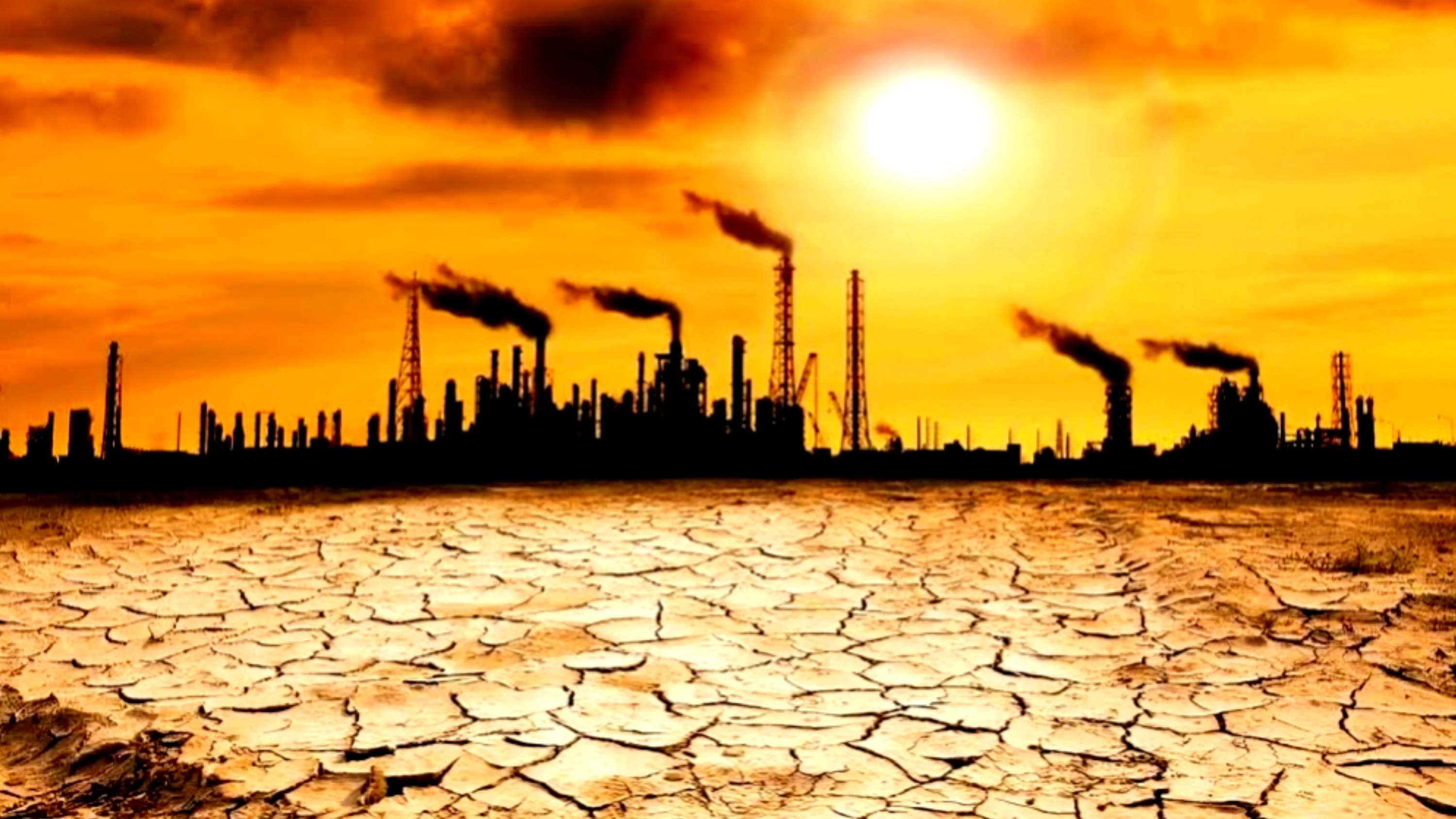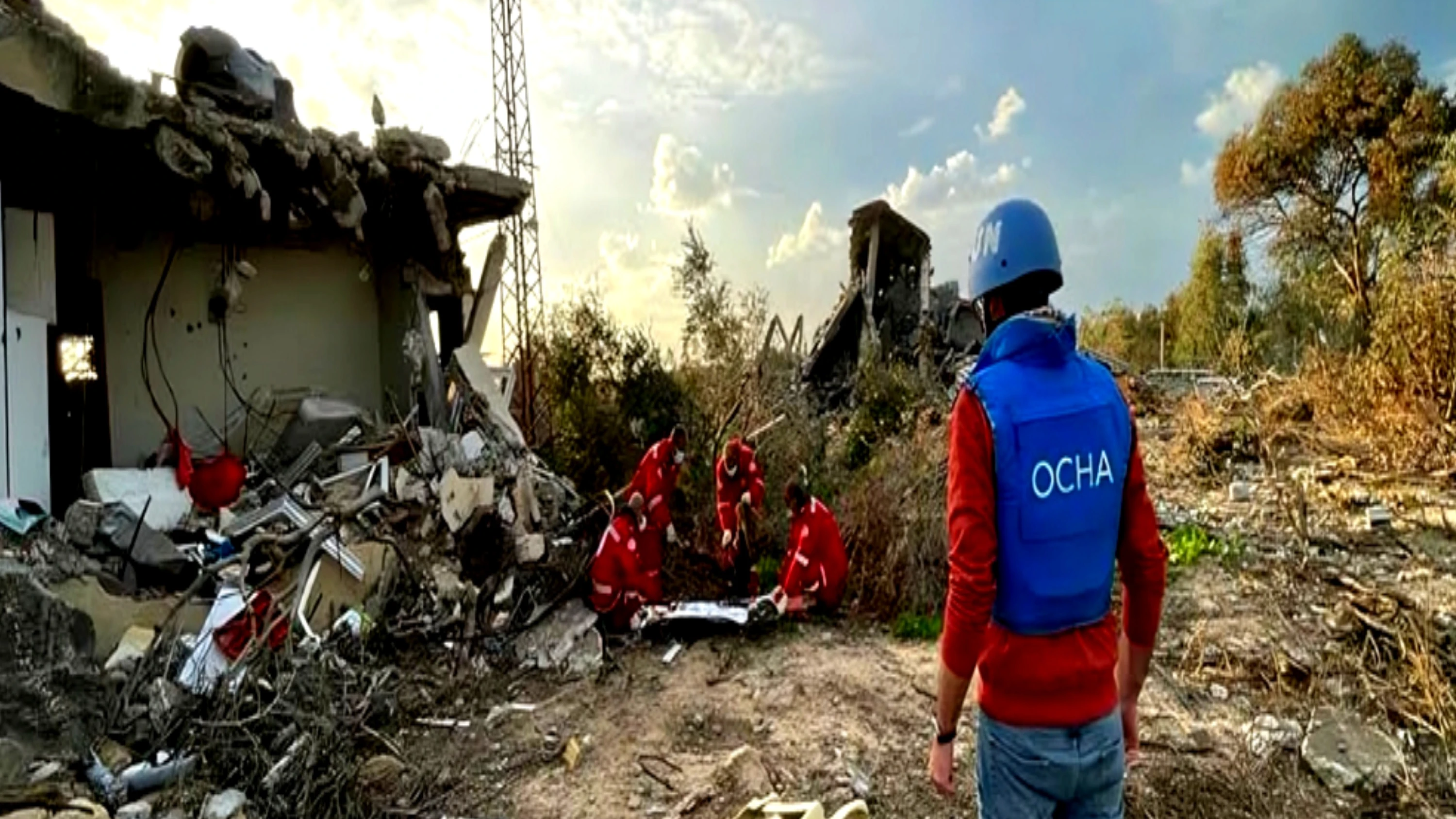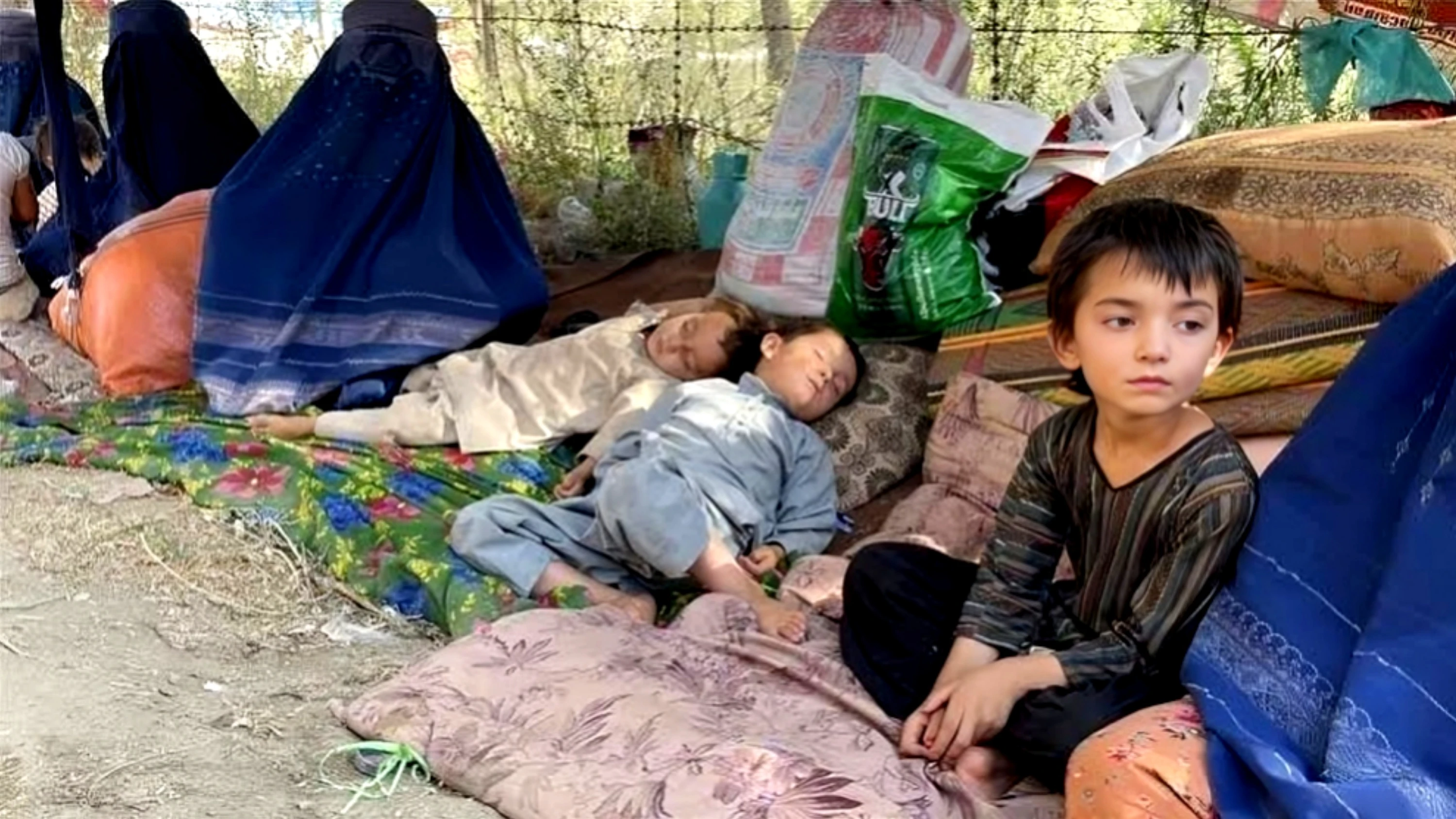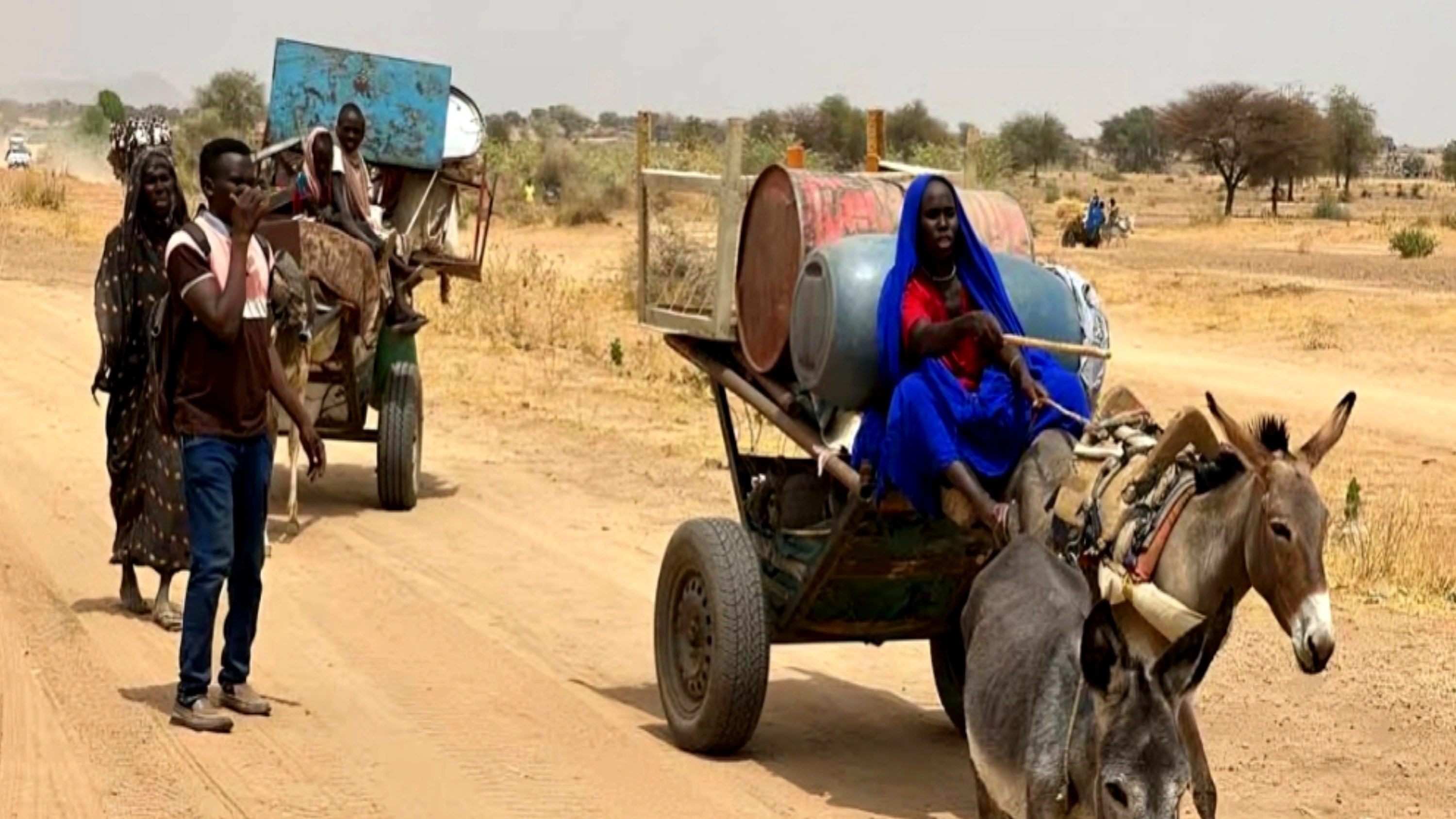Report: Asia is grappling with a mounting climate emergency as the region continues to break temperature records month after month. China, for instance, experienced record-breaking heat in April, May, August, September, and November 2024, underscoring the accelerating pace of warming.
According to a report released Monday by the World Meteorological Organization (WMO), Asia is heating up at twice the rate of the global average, with grave consequences for ecosystems, infrastructure, and millions of lives. This rapid warming, driven in part by Asia’s vast landmass, is contributing to increasingly erratic and destructive weather patterns.
"Extreme weather is already taking an unacceptably high toll," said WMO Secretary-General Celeste Saulo. The report notes that land surfaces heat more quickly than oceans, making continents especially vulnerable to rising temperatures. But the surrounding oceans haven’t been spared either—sea surface temperatures in the Indian and Pacific Oceans also hit record highs in 2024.
This dual crisis on land and sea manifested in a series of devastating events across Asia. In India’s northern Kerala state, excessive rainfall triggered a deadly landslide that claimed over 350 lives. Meanwhile, Kazakhstan experienced its worst flooding in seven decades, caused by a combination of heavy rains and accelerated snowmelt from the country’s many glaciers.
Conversely, some regions suffered from a lack of precipitation. A prolonged drought in China over the summer of 2024 impacted nearly 4.8 million people and severely damaged agricultural land.
The WMO report emphasizes that the key to mitigating the impact of such climate extremes lies in building resilient systems—particularly through the implementation of early warning mechanisms. Nepal’s approach was highlighted as a model for other countries. When record rainfall triggered deadly landslides and flooding across Nepal in late September 2024, nearly 250 people lost their lives. However, officials credited early warning systems and efficient emergency protocols with preventing an even greater tragedy.
“This was the worst flooding we’ve seen in 65 years,” said Ramesh Karki, Mayor of Barahakshetra, a municipality in eastern Nepal. “But we had no casualties in our area thanks to preparedness and coordinated rescue efforts. Still, the destruction was vast.”
Nepal’s disaster response also benefited from streamlined national funding protocols, which enabled swift distribution of humanitarian aid and rebuilding resources. The WMO is now collaborating with the Nepalese government to further enhance these life-saving systems.
“The role of National Meteorological and Hydrological Services, along with their partners, has never been more crucial,” said Ms. Saulo, stressing the need for widespread capacity-building initiatives to prepare for an increasingly unstable climate future.
As Asia bears the brunt of the global climate crisis, the WMO’s findings highlight a sobering reality: adaptation is no longer optional—it's essential for survival.








